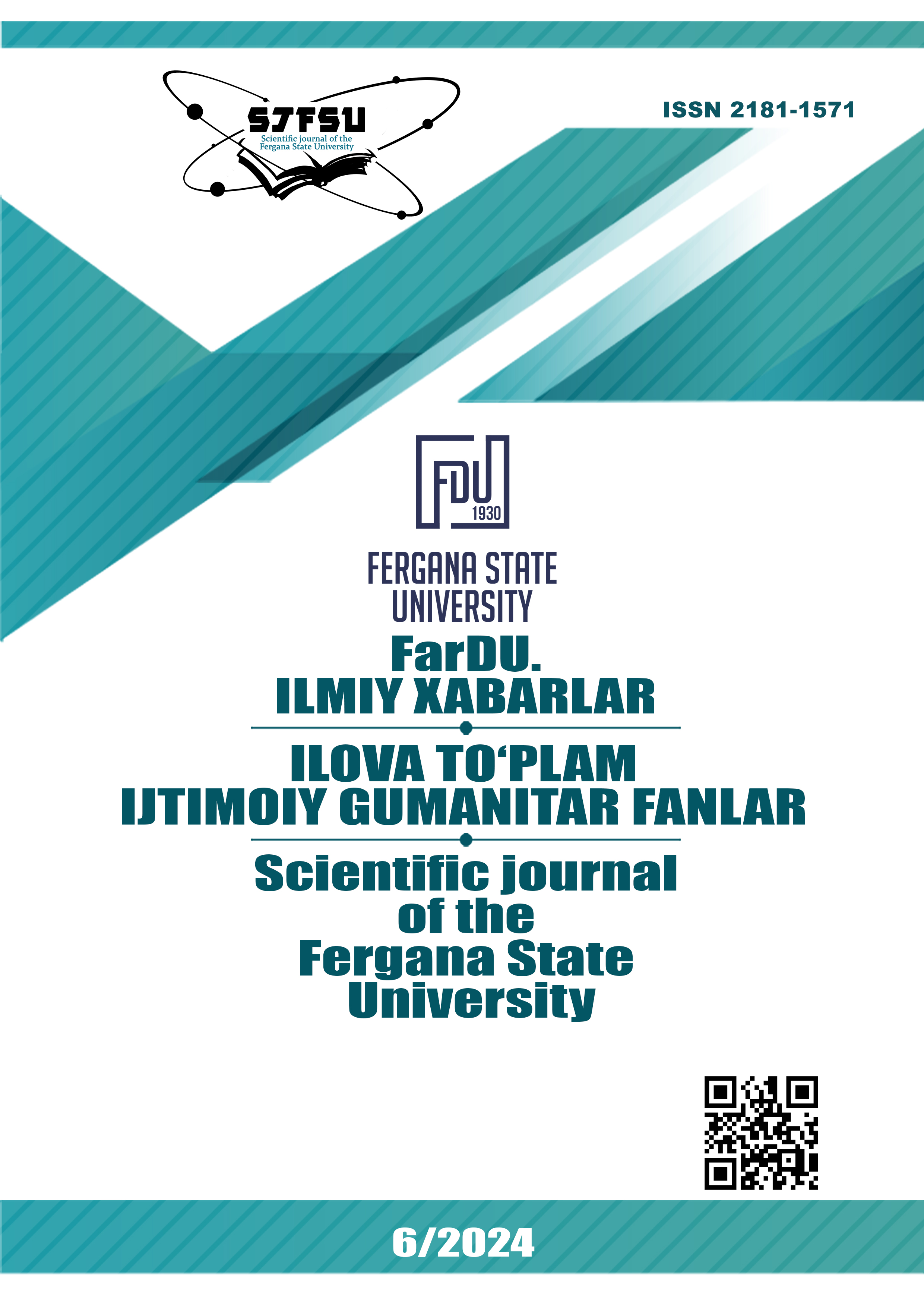LITERARY STYLE AND PHILOSOPHICAL IDEAS IN THE WORKS OF FRANZ KAFKA: ABSURDITY, ALIENATION, AND EXISTENTIAL CRISIS
Keywords:
Franz Kafka, Literary Style, Existentialism, Absurdism, Identity, Philosophy of the Absurd, Existential Crisis.Abstract
The article examines the literary style and philosophical ideas in the works of Franz Kafka. Special attention is given to central themes of absurdity, existential crisis, alienation, and loss of identity, which permeate his writings. Through an analysis of works such as The Trial, The Castle, and The Metamorphosis, Kafka’s use of absurd plot structures is explored as a means to express philosophical reflections on the meaninglessness of existence, human alienation from society, and the search for identity. The article also analyzes the role of bureaucratic structures as symbols of power and the individual’s helplessness in confronting the system. The influence of existentialism and the philosophy of the absurd, as presented by Camus and Sartre, serves as a foundation for a deeper analysis of Kafka's literary style and philosophical ideas.
References
Кафка, Ф. Процесс. Пер. с нем. М.: Азбука, 2005.
Кафка, Ф. Замок. Пер. с нем. М.: Азбука, 2004.
Кафка, Ф. Превращение. Пер. с нем. М.: Азбука, 2007.
Камю, А. Миф о Сизифе. Пер. с фр. М.: Молодая гвардия, 2001.
Сартр, Ж.-П. Бытие и ничто. Пер. с фр. М.: Республика, 1998.
Смит, А. Франц Кафка: жизнь и творчество. М.: Эксмо, 2010.
Михайлов, В. Экзистенциализм и литература: Франц Кафка как философ. СПб: Алетейя, 2006.
Бенжамин, В. Писатель и общество. Пер. с нем. М.: Прогресс, 1990.
Downloads
Published
Issue
Section
License
Copyright (c) 2025 Scientific journal of the Fergana State University

This work is licensed under a Creative Commons Attribution-NonCommercial-NoDerivatives 4.0 International License.

